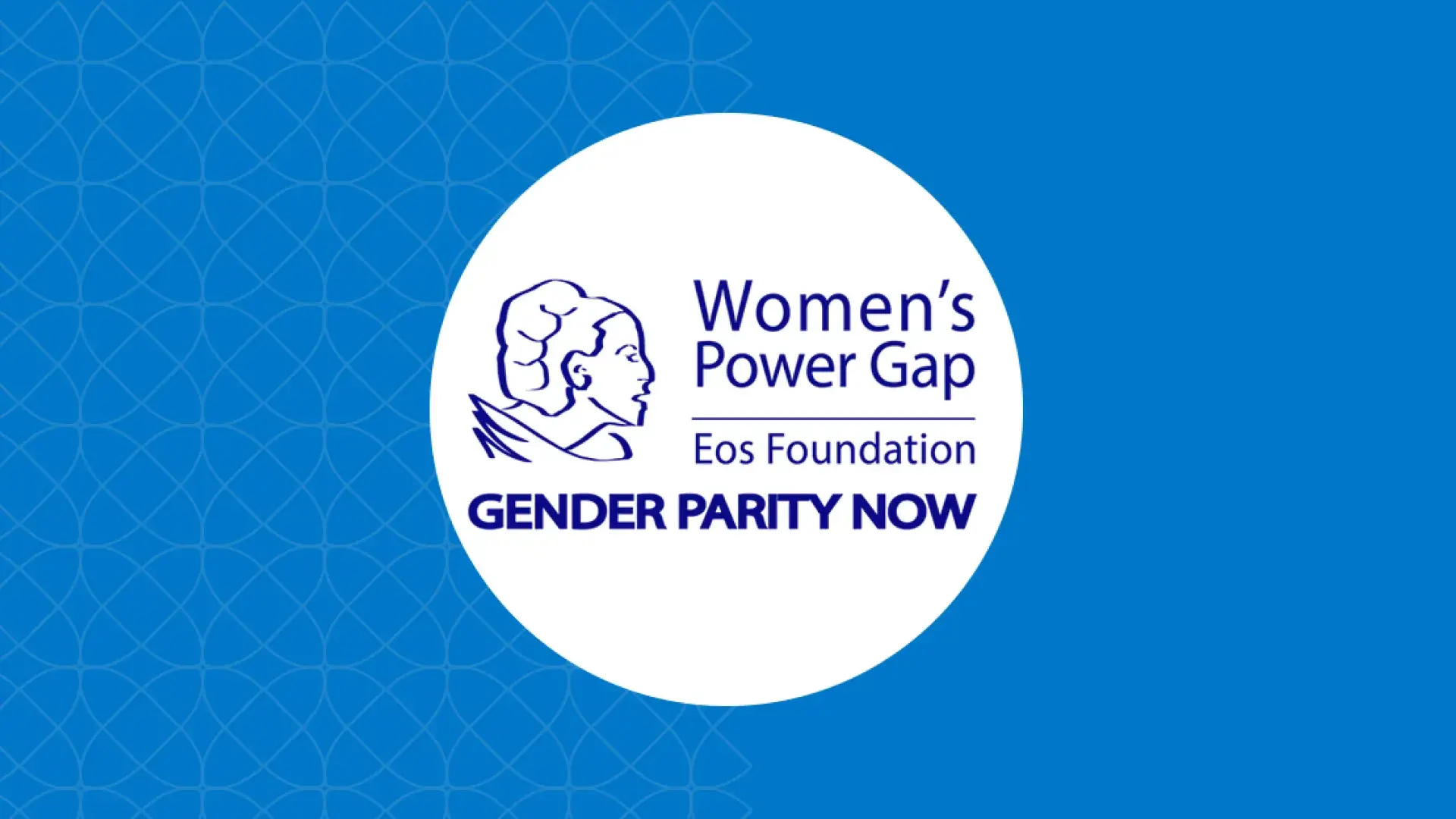
Places 8th out of 92 Massachusetts colleges for its commitment to hiring women in key roles.
A new study shows that MGH Institute of Health Professions is ranked in the Top 10 among universities, colleges, and community colleges in Massachusetts when it comes to having women in leadership positions.
The MGH Institute is ranked eighth out of 92 schools in the Eos Foundation’s 2019 Women’s Power Gap in Higher Education study that was released in November. Among 15 schools designated as special focus institutions, the Institute is first. The rankings were compiled by tallying the number of women at each institution serving as president, on governing boards, and in senior leadership positions, and weighing them to develop an overall score.
The Institute’s president and board chair are women, one of its two deans is a woman, and all of its direct-entry academic programs (which comprise the majority of students) are directed by women. Additionally, woman have held the IHP’s presidency for the past 21 years. The report states that 34 percent of schools currently have women leaders, and that 30 institutions have never had a woman president.
Five of the seven schools ranked ahead of the MGH Institute – Simmons University, Wellesley College, Mount Holyoke College, and Smith College – are defined in the study as a women’s college. Only third-ranked Emmanuel College, defined as “formerly a women’s college,” and seventh-ranked Berkshire Community College, placed ahead of the Institute.
Chrissy Mach Dube, director of the Eos Foundation, said that while the Institute has among the highest number of female students – 83% as of 2017 when the data was compiled, and that its health care programs most often attract women – that doesn’t presume women would be in leadership positions. “You have to have a commitment to female leadership, and the numbers show that the MGH Institute has that commitment,” she said. Overall, the report stated that 40 percent of the schools received a satisfactory grade of overcoming the gender gap.
The study also detailed a large racial/ethnic power gap, noting that women of color comprise seven percent of both presidents and provosts, and two percent of board chairs. Men of color have slightly better percentages. It also includes data on the significant pay inequalities between women and men.
“MGH Institute is a leader in gender parity, scoring well across nearly all categories,” the report notes, although it added that the school “would benefit from a few more women of color on their board and senior leadership team.” Of the 13 members on the Board of Trustees, five are women, one of whom is of color, and there are two men of color. Half of the 18-member Executive Council are women, one of whom is of color, and there are two men of color.
“While we are very pleased with our overall ranking, we recognize more can be done so we continue to be among the leaders in higher education of having women in leadership positions,” said MGH Institute President Paula Milone-Nuzzo. “We continue to strive towards increasing the number of people from underrepresented communities in key roles.”
Read the complete 2019 Women's Power Gap in Higher Education report.
